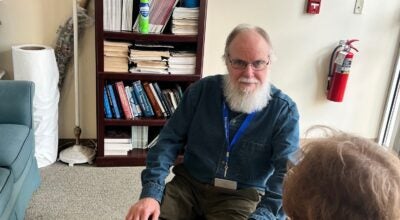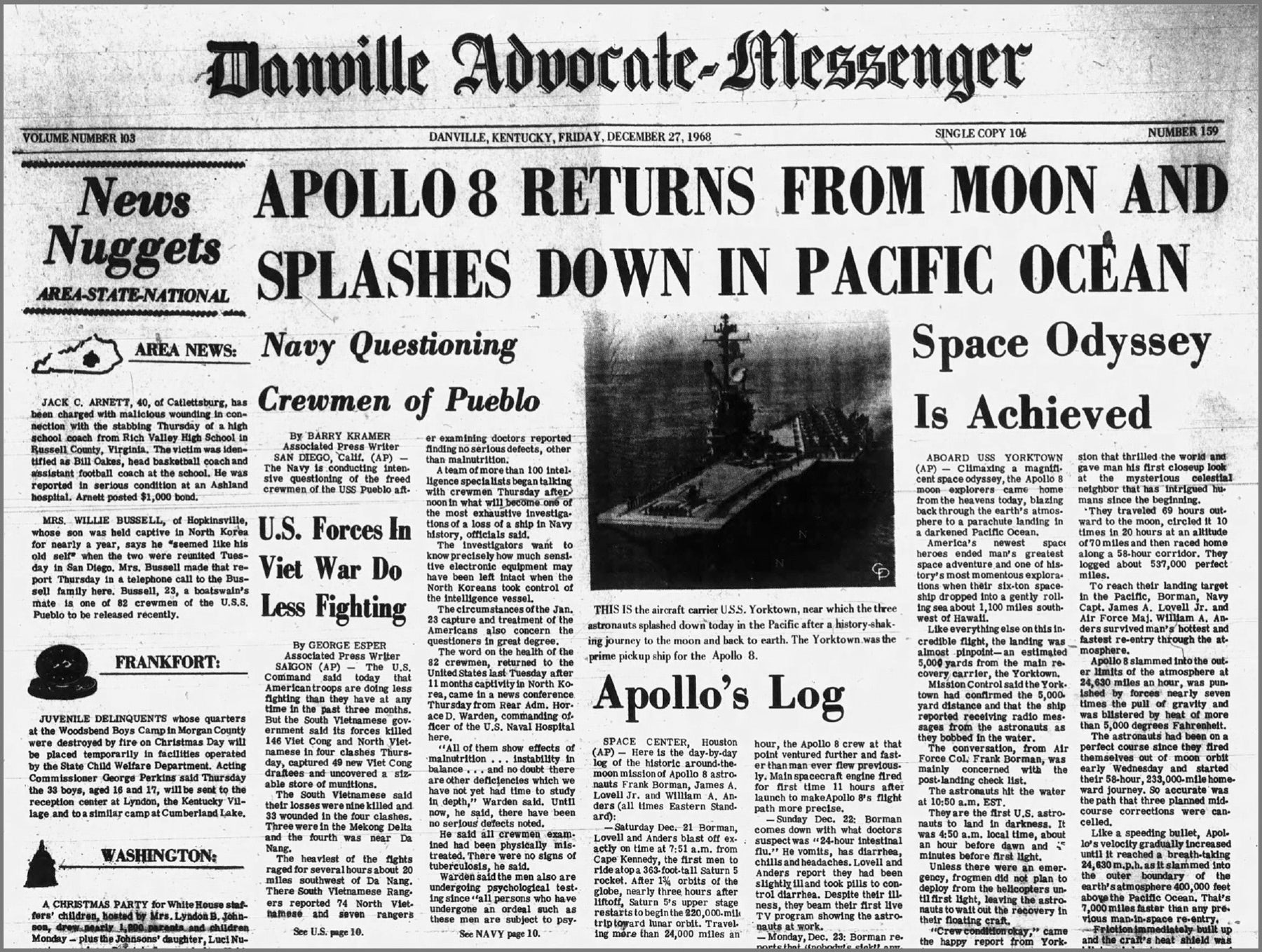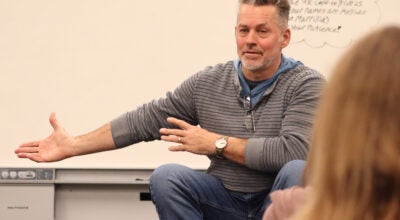Go green by going old-school with milk and more
Published 7:36 am Monday, July 23, 2018
This week, I was talking to someone about how as a society we have gone away from many practices that were good for the environment.
I think it’s interesting to see how we have changed our behaviors as inventions and things have come along that are more “convenient.” But these conveniences have come at the cost of the environment.
People used to get their milk in glass containers that they would return when they were done. The used containers would get washed and sanitized and then filled with milk again. Today we buy milk in plastic containers that hopefully get recycled, but often don’t.
You can still buy milk in glass containers that you turn back in to get back your deposit back, and they will clean and sanitize them and fill them up with milk again. The only waste this way is the plastic lid on top. JD Country Milk out of Russellville does this and I think it’s great.
You can find their milk in Danville and Somerset, along with other cities in Kentucky and Tennessee. You can visit bit.ly/JDMilk for a list of all the locations where you can find their milk.
But the amount of milk consumed out of reused glass jugs pales in comparison to milk consumed out of plastic jugs. And this trend of using plastic to replace more sustainable materials and practices isn’t limited to milk.
The problem with this is that we are making more things that need to be recycled. The first of the “Three R’s” (reduce, reuse, recycle) is reduce. That is because it’s the most important.
We should not be putting more items into our trash or recycling streams; we should be trying to reduce our output as much as possible.
People used to have cloth diapers. They would wash and reuse them. Now, people have switched over to disposable diapers. Even though they are more convenient, they are terrible for the environment.
The University of Southern Indiana estimates that 16 billion diapers are discarded every year in the United States. That is a lot of diapers. You could argue that people used to use cloth diapers because they had no other option, and that’s true. But it doesn’t change the fact they’re less harmful.
Whenever possible, we should be mindful of how much trash we are producing and whether the trash is necessary. Often, there are better options out there because what’s become the norm in most cases is whatever is most convenient. And what’s most convenient is often the worst option for the environment.
But that doesn’t mean environmentally friendly has to be inconvenient. Cloth diapers have come a long way. You don’t have to put a cover over the diaper and use pins to keep them in place anymore. Using cloth diapers today can actually save you a lot of money in addition to the green benefits.
If you are in a larger city like Lexington, there are even diaper services that will bring your fresh diapers and take your used ones to wash them. But it’s more environmentally friendly to just wash the diapers yourself.
While people in the past may not have been trying to “go green,” we can see now that many of the ways they saved and made the most out of what they had are good examples compared to the far more wasteful and thoughtless practices of today.
Other examples include using metal razors that you only throw away after many uses; using refills for your ink pens; cooking from scratch and getting everything you can from every bit of food; even using a push reel mower on small, flat yards.
We should all strive to do things the “old fashioned way” — if it means creating less waste and reducing and reusing more.
Amanda’s Animal Fact of the Week
The Przewalski’s horse is the only surviving subspecies of wild horse. It was extinct in the wild in the 1960s, but has been bred in captivity and been re-released into its native habitat in Mongolia. In 2008, it was reclassified by the IUCN as critically endangered instead of extinct in the wild.






